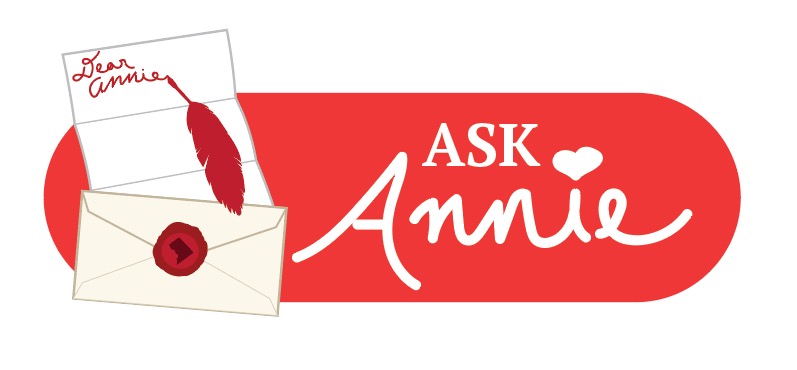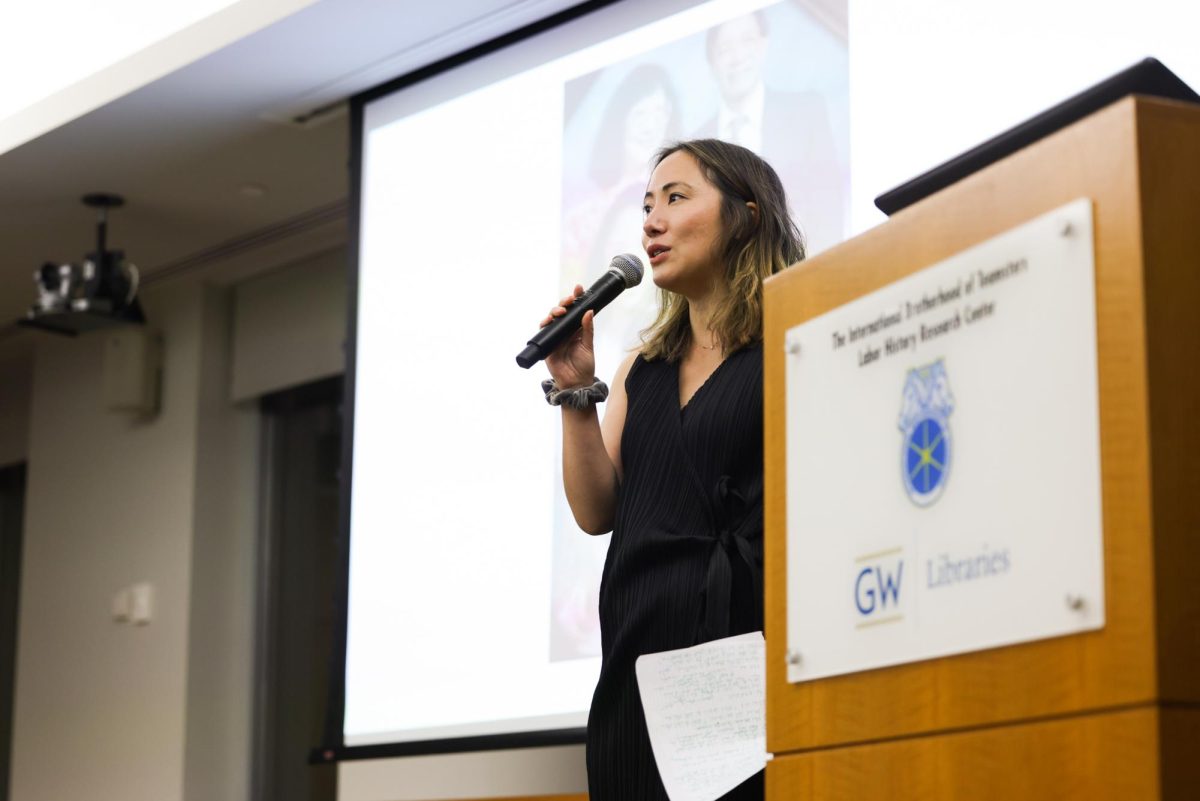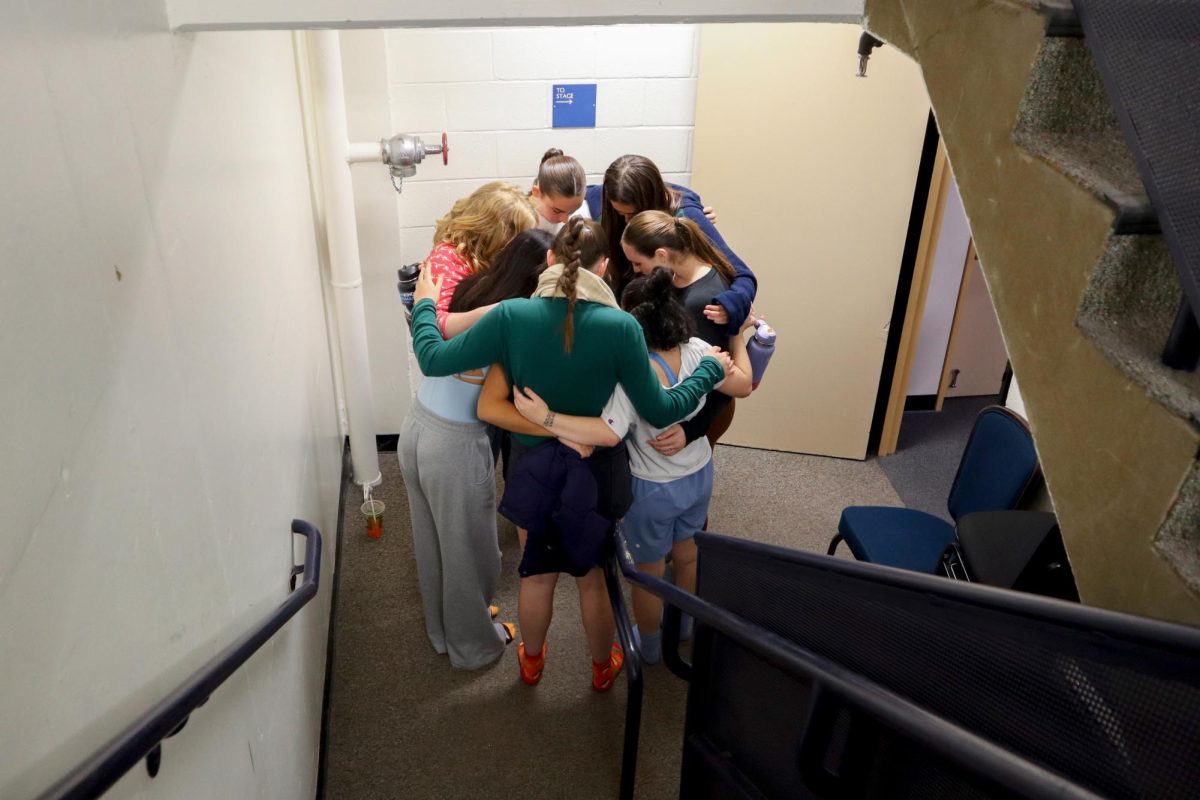Facing a problem? Annie has answers. Ask away!

Dear Annie,
I’m trying to make amends with this friend, but she’s still hung up on a fight we had freshman year. We both were at fault for what happened and we’ve both apologized, but I’m trying to be nice and move on because it’s been a year. Should I stop trying to earn her forgiveness or keep at it?
XOXO,
amends or an end
Dear amends or an end,
In the eternal words of presumptive Democratic presidential nominee and TikTok celebrity Kamala Harris, “You think you just fell out of a coconut tree? You exist in the context of all in which you live and what came before you.” And no matter how much time has passed, your friendship will always exist in the context of your freshman-year feud.
Friendship is not about avoiding conflict. Everyone’s gotten into a tiff with their best friend over topics as insignificant as what time you should meet for dinner — and that’s entirely normal. But friendships depend on each person’s capacity to forgive and, crucially, move forward with the relationship.
Reflect on the conversations you’ve had about the freshman-year fight. Ask yourself if you sincerely apologized, taken responsibility for your part and expressed remorse. If you gave your friend a series of vague excuses or focused on justifying your actions by blaming her, she might not be too eager to make amends.
Apologize without coming across as passive aggressive: avoid using qualifiers that blame her like “if this upset you” and don’t be afraid of getting specific about what you said or did that hurt your friend. Promise to change your behavior. Regardless of whether you’re both at fault, explicitly acknowledging your actions without blame shows maturity and proves you understand your role in the situation.
Further, consider whether or not she’s taken ownership of her role in creating the tension. Even if you have more to apologize for, it takes two to tango — or, in this case, to cause a friendship to fall down from a coconut tree and break into pieces. She should acknowledge her wrongs, too. If she hasn’t already, apologizing first may inspire her. But it’s possible you’ve made a genuine apology already and she hasn’t. Unlike you, she may not think you “both were at fault.”
After sincerely apologizing and being more cognizant of your behavior to ensure you don’t have the same fight again, there’s not much more to do to make amends. She may forgive you with more time, or the wound may be too deep. While you can leave the door open, focus on other friendships and activities. If she doesn’t forgive, your friendship is not worth fighting for.
There’s never a time in your life where you’ll be surrounded by more people your age willing to throw themselves into just about anything. Maybe you have friends who share your love for a certain movie genre and you can throw yourself into hanging out with them. Or you can join a GW student org on something that’s always been a passive interest of yours, and meet like minded new connections through it.
Don’t hold your thoughts inside or punish yourself because of one situation. We’ve all made mistakes in our relationships. Avoid letting one person who hasn’t forgiven you define the type of friend you are. Journal or open up to a trusted person about your feelings. Processing what happened will allow you to turn this into an opportunity to learn and grow as a friend — and maybe find better ones.
You can buy your friend a private island full of coconut trees, but she still isn’t obligated to forgive you. Actions have consequences. While you can leave the door open for her, focus on other friendships.
Annie




